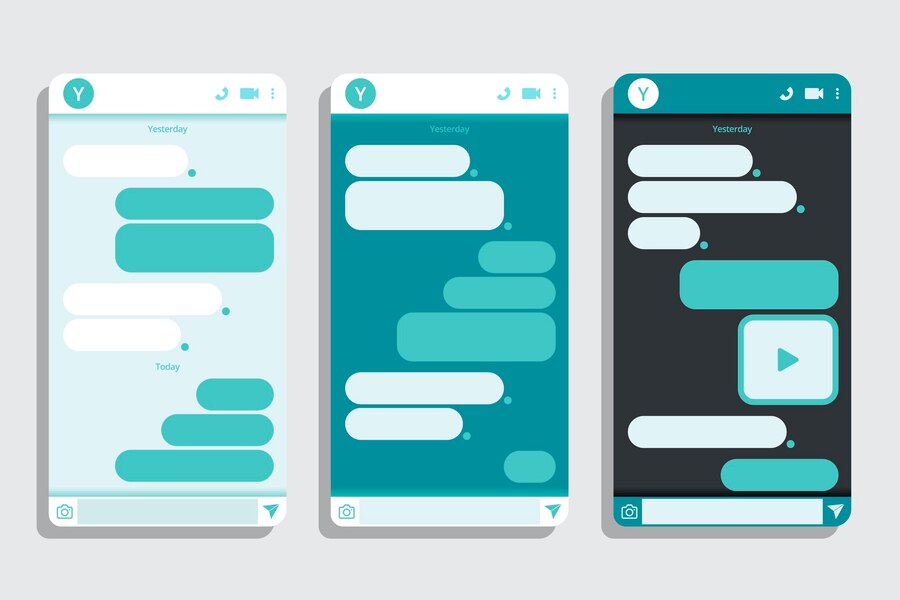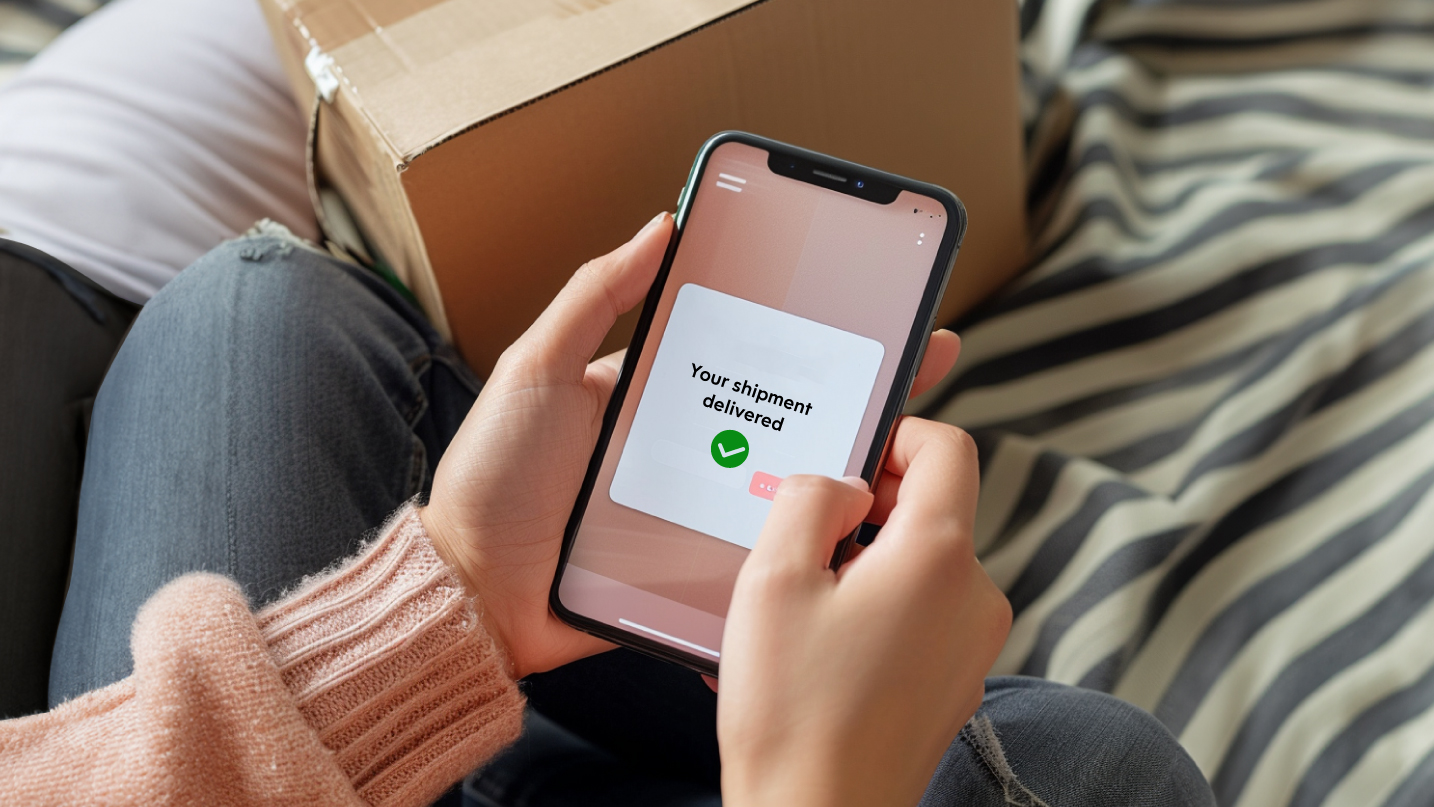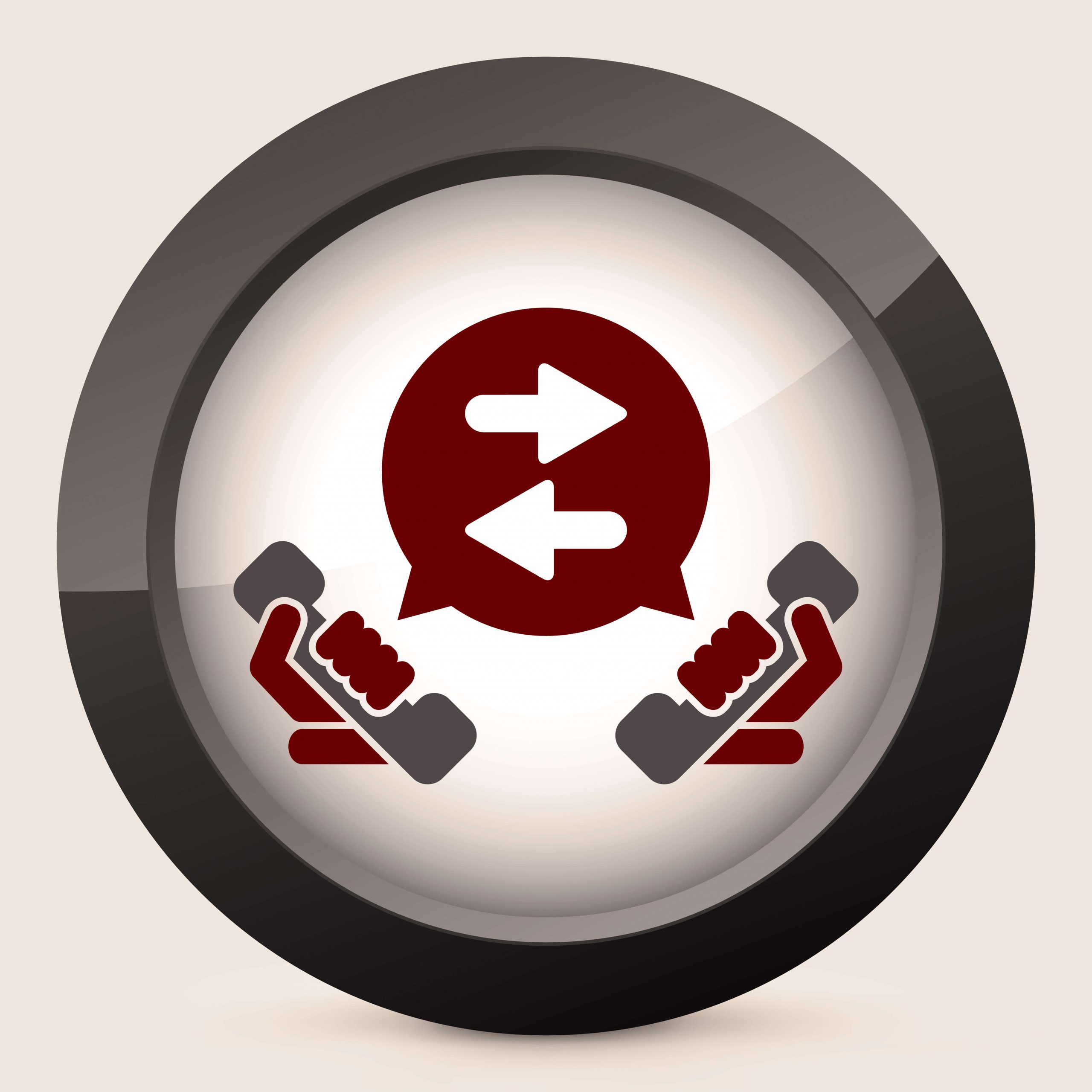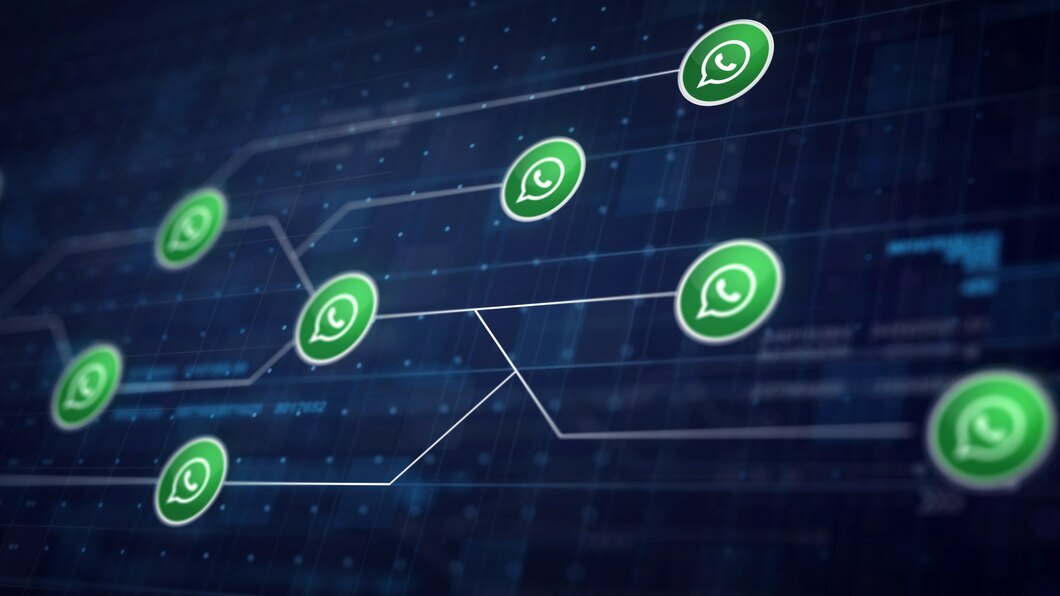Creating WhatsApp API Message Templates
-
March 13, 2024
-
6 min read

In today’s fast-paced digital world, the ability to communicate effectively with customers is not just an advantage; it’s a necessity for businesses aiming to thrive.
With over two billion users worldwide, WhatsApp has emerged as a critical platform for customer engagement, transcending traditional communication barriers. In this context, WhatsApp Business API has become a game-changer, especially with its message template feature, offering businesses a unique opportunity to connect with their audience in a structured and efficient manner.
WhatsApp API message templates, known for their precision and consistency, are revolutionising how businesses interact with customers. These templates are not just about sending messages; they represent a strategic tool for building customer relationships, enhancing brand presence, and ensuring effective communication.
By leveraging these templates, businesses can send out notifications, alerts, reminders, and customer service messages that align perfectly with their brand’s voice and messaging guidelines.
This article serves as a comprehensive guide to understanding the nuances of WhatsApp API message templates. Whether you’re a small startup or a large enterprise, knowing how to craft and use these templates can significantly enhance your customer interaction strategy. We will delve into the different types of message templates available for WhatsApp businesses, discuss the key points to know before getting started, and explore the manifold benefits they bring to the table.
By the end of this guide, you will be well-equipped with all the knowledge you need to effectively implement WhatsApp API message templates in your business communication strategy.
Understanding WhatsApp API templates
WhatsApp business message templates, commonly known as highly structured messages, serve as a cornerstone in the WhatsApp Business platform. These are pre-approved message formats that enable businesses to engage with their customers effectively.
They are pivotal for sending notifications, and alerts, or initiating customer conversations, all while adhering to WhatsApp’s stringent user experience standards.
Maintaining high standards of communication
The approval process for these templates is integral to maintaining the quality of interactions on WhatsApp. It ensures that all business communications are relevant, valuable, and free from spam, thereby upholding the platform’s reputation for providing a user-friendly experience. This standardisation is key to retaining user trust and engagement.
Customisation and relevance
Despite their structured nature, WhatsApp API message templates offer flexibility through customisable placeholders. This feature allows businesses to personalise each message, ensuring that communication is not only consistent but also tailored to individual customer needs.
Whether it’s for appointment reminders, delivery updates, or customer feedback requests, these templates can be modified to fit various communication scenarios.
Operational efficiency and consistency
The strategic use of a WhatsApp message template for business significantly streamlines corporate communication. By preparing templates for common queries and responses, businesses can respond more quickly and maintain a consistent tone in their messaging.
This consistency is crucial for portraying a professional image and demonstrates a commitment to efficient customer service.
Different types of WhatsApp business templates for messages
Session messages (inbound messages)
Session messages, commonly called inbound messages, play a crucial role in the WhatsApp Business communication model. These messages originate from the customer, effectively opening a 24-hour support window. During this window, businesses have the flexibility to respond freely, allowing for dynamic and real-time communication.
This feature is particularly beneficial for customer service, enabling businesses to address queries, provide support, or engage in a conversation immediately following a customer’s message.
The 24-hour window is designed to ensure timely responses, fostering a sense of attentiveness and engagement from the business, which is vital in building customer relationships.
Highly structured messages (outbound messages)
Highly structured messages, or outbound messages, are another key type of message template available to WhatsApp businesses. These are not spontaneous responses but pre-formulated messages that a business can send to customers outside the 24-hour window initiated by an inbound message.
However, to use these outbound WhatsApp business API templates, companies must first have them approved by WhatsApp. This approval process ensures that the messages adhere to specific standards and are deemed appropriate and useful for recipients.
These outbound messages are ideal for a variety of purposes. For instance, businesses can use them to send appointment reminders, confirmations, shipping and delivery information, payment processing notifications, and more. The versatility of these templates makes them a powerful tool for keeping customers informed and engaged.
They are especially useful for sending critical information that doesn’t require immediate back-and-forth communication, ensuring that customers receive consistent, timely updates.
Key points to know before using WhatsApp template messages
Decoding the approval process
Before deploying WhatsApp template messages, it’s crucial to understand the approval process. Every template message intended for use must be submitted to WhatsApp for approval. This process is integral to maintaining the platform’s high standards.
WhatsApp reviews these templates to ensure they conform to its guidelines, designed to prevent spam and enhance user experience. The approval criteria include relevance, clarity, and the absence of promotional content in the templates. Businesses need to familiarise themselves with these guidelines to increase the likelihood of their templates being approved promptly.
Adhering to formatting requirements
WhatsApp template messages come with specific formatting rules that businesses must adhere to. These rules are in place to ensure consistency and readability. A key aspect of these templates is the use of placeholders, denoted by double curly braces ({{1}}, {{2}}, etc.). These placeholders allow for the insertion of variable content, such as names, dates, or order numbers, making the messages dynamic and personalised while keeping the overall structure intact.
Understanding and correctly implementing these formatting rules is essential for creating compelling and compliant WhatsApp message templates.
Language and localisation considerations
Language and localisation play a significant role in effective communication. Businesses using WhatsApp template messages should carefully consider the language and cultural nuances of their target audience. Templates should be created in the language that resonates with the recipients, which can significantly impact engagement and comprehension.
Furthermore, localising messages – not just in terms of language but also in cultural context – can enhance relevance and personalisation, leading to better customer experience and interaction. Businesses should plan their template messages with a keen understanding of their audience’s language preferences and cultural context.
Embracing the future of communication with Airtel’s WhatsApp API solutions
In an era where digital communication is paramount, WhatsApp API message templates stand as a vital tool for businesses looking to enhance customer interaction. These templates are more than just a means of sending messages; they represent an opportunity to streamline communication, ensure consistency, and personalise interactions on a scale like never before.
By effectively utilising WhatsApp API message templates, businesses can leverage the platform’s extensive user base to boost customer engagement, deliver timely information, and strengthen their brand identity.
However, navigating the intricacies of WhatsApp’s API and message templates can be a challenging endeavour. This is where Airtel IQ steps in as a crucial partner for businesses.
By partnering with Airtel IQ’s WhatsApp API, businesses gain access to a suite of advanced communication tools, expert guidance, and unwavering support, all essential in today’s digitally-driven marketplace. Airtel’s robust infrastructure and innovative solutions empower businesses to meet and exceed their communication goals.
Take the next step in revolutionising your business communication. Explore Airtel IQ solutions today and unlock new possibilities in customer engagement and satisfaction.
 Share
Share









